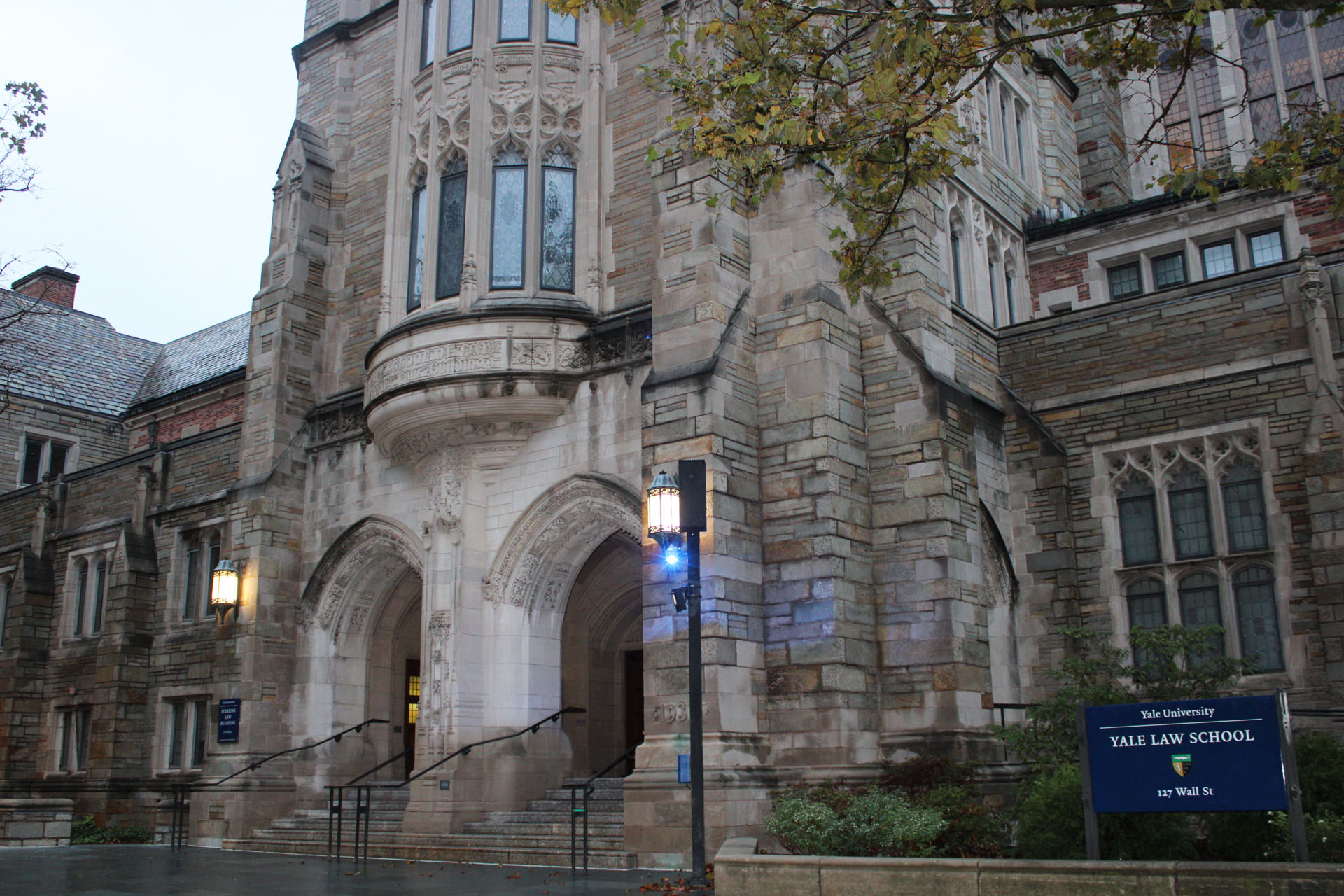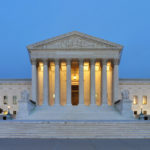YLS veterans clinic finalizes court victory
The Veterans Legal Services Clinic received federal court approval last week for their settlement securing discharge status reviews for post-9/11 veterans.

Yasmine Halmane, Staff Photographer
In a victory for the Yale Law School Veterans Legal Services Clinic, a federal court granted final approval on April 26 for a settlement between the United States Army and veterans across the country with less-than-fully honorable discharges.
The clinic represented plaintiffs and veterans Stephen Kennedy and Alicia Carson in the case of Kennedy v. McCarthy in the U.S. District Court for the District of Connecticut. The plaintiffs alleged that the Army discharged servicemen with less-than-fully honorable statuses, known as “bad paper” discharges, due to misconduct attributable to mental health conditions. They also alleged that the Army Discharge Review Board, or ARDB, systematically denied status upgrades to these veterans. The clinic announced a preliminary settlement with the Army in November of last year, and that settlement was just finalized last month in federal court without any changes to its terms.
“This means that now the veterans can start getting relief, because the judge approved the settlement between the veterans … and the Army,” Adam Henderson LAW ’23, who is part of the Veterans Legal Services Clinic, told the News. “So basically, what the judge said was that everything in the settlement was fair, reasonable and adequate, and that going forward now this settlement is in place. The final settlement is ready to go.”
The settlement ensures that the Army reconsiders the discharge status of thousands of Iraq- and Afghanistan-era veterans who received these bad paper discharges due to behavioral health conditions, such as post-traumatic stress disorder, traumatic brain injury and military sexual trauma.
The Army will automatically reconsider discharge-status-upgrade decisions made by the ADRB between April 17, 2011 and April 26, 2021 that “partially or fully denied relief” to Iraq- and Afghanistan-era veterans with bad paper discharges. The settlement also expands reapplication rights for veterans who received adverse ADRB decisions between October 7, 2001 and April 16, 2011.
“What was most important going forward to me was that everyone else got the same review that I did,” Stephen Kennedy, a named plaintiff in the case who received a discharge upgrade during the litigation process, said in a press release about the settlement’s final approval. “And that’s the opportunity that thousands of deserving veterans are going to receive in this settlement.”
In a November interview with the News, board member of the Yale Veterans Association Adrian Bonenberger ’02 explained that bad paper discharges often do not account for veterans’ psychological issues.
He supported the terms of the settlement, saying that the Army should take veterans’ mental health conditions into consideration when they have been changed by “heavy, heavy combat,” rather than simply “kicking them out” with a bad paper discharge.
“What we’re looking at here is a case of the military and the military justice system, which is very old and ingrained, just catching up with what we know to be true medically and ethically about soldiers, which is that when they go to war and see certain things … that plays a big role in the type of things that they do,” Bonenberger told the News in November.
Since November, the clinic has been working to notify veterans about the settlement. Henderson said that the judge on the case wanted to ensure that everybody who might be affected by the settlement — specifically post-9/11 veterans who received bad paper discharges — knew about its terms and were able to comment on the settlement.
Additionally, Henderson said the clinic worked to draft a brief and an affidavit explaining why the preliminary settlement was “fair, reasonable and adequate.”
Finally, the clinic also prepared their oral arguments for federal court. Henderson, a first-year law student, had never argued in front of a judge before, but was very excited about the opportunity.
“It was an incredible experience to be able to do that as a first-year law student,” Henderson said. “I did not think that I would be arguing in federal court this early, so it really is a testament to Yale Law School and to the clinic program, and specifically the Veterans [Legal Services] Clinic, that they get first-year law students really, really cool opportunities like this very early on in our law school career.”
According to Henderson, the clinic’s next step will be to inform veterans of the fact that they are officially able to reapply for a discharge review. Apart from that, he said that this final court approval brings the clinic’s work on the Kennedy settlement to a close.
“This has been a massive undertaking by this clinic and by students over the last five years,” Henderson said. “It’s a testament to a lot of really smart, talented and driven people who have put in a lot of time and a lot of effort on this case, and it’s great to finally see it come to a close in a way that will help veterans.”
The Veterans Legal Services Clinic is part of the Jerome N. Frank Legal Services Organization at Yale Law School.










